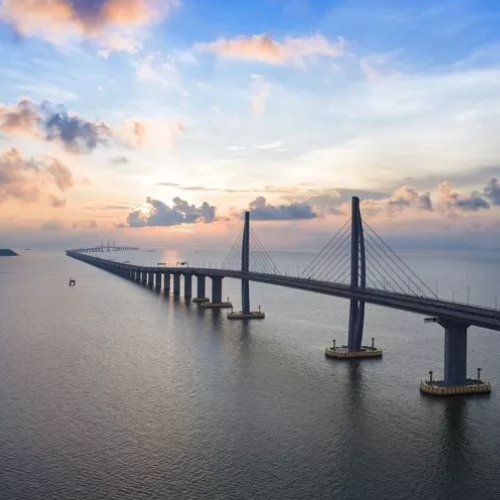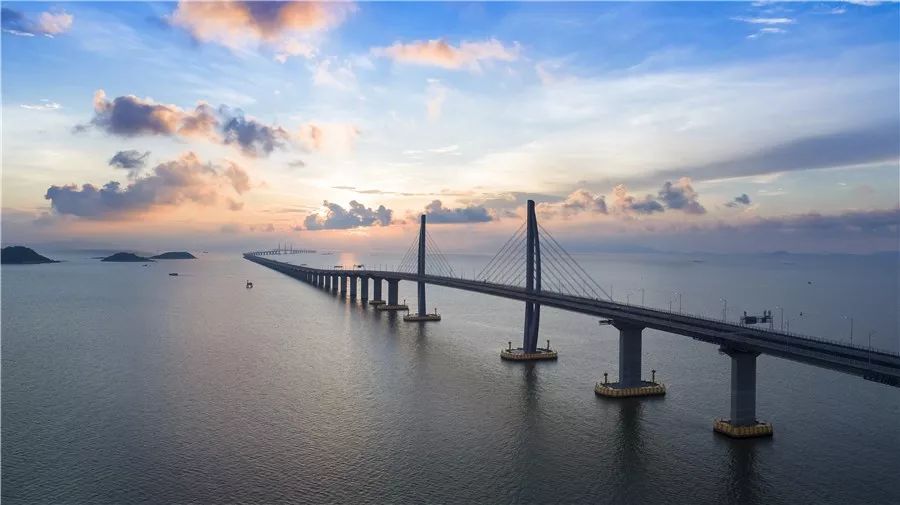Is identity an asset or a liability? That depends on whether it helps or hinders the realization of your potential. Some would say it resists such reductive thinking. But how you see yourself in relation to others influences your behavior and shapes your reality, for better or worse. It’s personal, subjective, and influenced by history. It also changes over time. In the face of transformational change, identity may inspire action or perpetuate hesitation, even stagnation.
Two years ago in May 2019, my colleagues and I at the Global Institute For Tomorrow worked with a team of young professionals from Hong Kong, Macao, and the Chinese mainland to identify opportunities for innovation in the Guangdong-Hong Kong-Macao Greater Bay Area. The focus was on improving quality of life, not simply producing growth and technological innovation for its own sake. Among the bold ideas they proposed was a Greater Bay Area Identity Card that would enhance connectivity across the 11-city megalopolis, allowing citizens to work, live, play and prosper more freely across the region.
Hardly a month later, issues of identity came to the fore, but not how we expected. Protests and social polarization erupted in Hong Kong and became the norm for several months. Identities were reduced to “yellow or blue”. The buzz from the Greater Bay Area Outline Development Plan dissipated. The Greater Bay Area ID Card proposal was sidelined, along with other promising business ideas that could have benefited Hong Kong entrepreneurs.
Many in Hong Kong decided they did not want to be identified with the Greater Bay Area despite eye-popping numbers — the region’s US$1.7 trillion economy in 2019, the world’s 11th-largest and bigger than Russia’s; a population of 73 million, more people than in the United Kingdom; and its per capita GDP at US$23,000, almost twice the average in China. These are numbers Hong Kong people might not immediately identify with, but also cannot afford to ignore. The robust Greater Bay Area market is the envy of the capitalist world. Hong Kong stands to be a major beneficiary, if it is willing to embrace it, and depending on how Hong Kong sees itself.



























